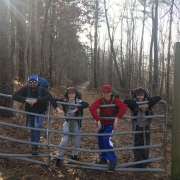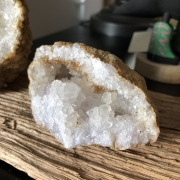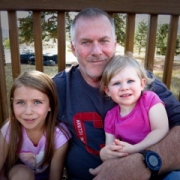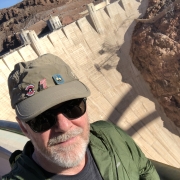What’s Wrong with My Teenager?
I’ve been listening to a series of lectures on Audible entitled, “Understanding the Mysteries of Human Behavior,” by Mark Leary, Ph.D. He’s a professor of Psychology and Neuroscience at Duke University. I’m going to be sharing several of his topics over the next few months. The one that caught my eye was, “Why Don’t Adolescents…









